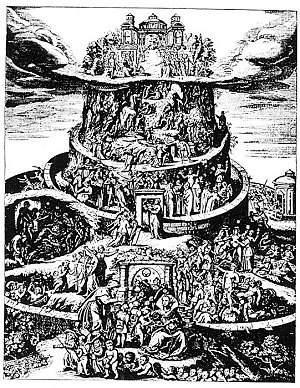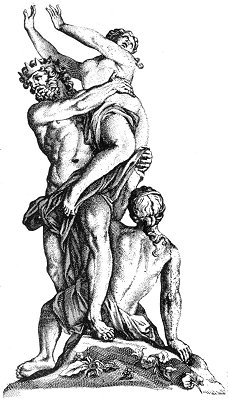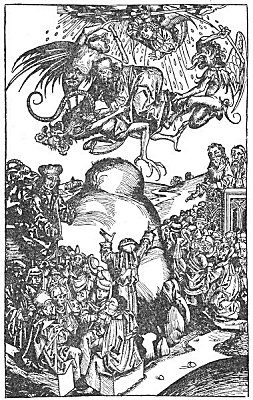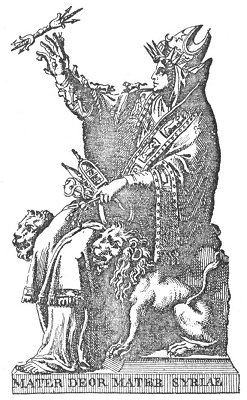p. 486
In that part of the discourse which remains to be laid before the reader, the Hierophant, insisting on the necessity of enlightening the people to operate the grand revolution, seems to fear that the Candidate has not clearly conceived the real plan of this revolution, which is in future to be the sole object of all his instructions. “Let your instructions and lights be universally diffused; so shall you render mutual security universal; and security and instruction will enable us to live without prince or government. If that were not the case, why should we go in quest of either?” 1
Here then the Candidate is clearly informed of the grand object towards which he is to direct all his future instructions. To teach the people to live without princes or governments, without laws or even civil society, is to be the general tendency of all his lessons. But of what nature must these lessons be to attain the desired object?—They are to treat of morality, and of morality alone. “For (continues the Hierophant) if light be the work of morality, light and security will gain strength as morality expands itself. Nor is true morality any other than the art of teaching men to shake off their wardship, to attain the age of manhood, and thus to need neither princes nor governments.” 2
When we shall see the Sect enthusiastically pronouncing the word morality, let us recollect the definition which it has just given us of it. Without it, we could not have understood the real sense of the terms honest men, virtue, good or wicked men. We see that, according to this definition, the honest man is he who labours at the overthrow of civil society, its laws, and its chiefs: for these are the only crimes or virtues mentioned in the whole Code. Presupposing that the Candidate may object that it would be impossible to bring mankind to adopt such doctrines, the Hierophant anticipates the objection, and exclaims, “He is little acquainted with the powers of reason and the attractions of virtue; he is a very novice in the regions of light, who shall harbour such mean ideas as to his own essence, or the nature of mankind. . . .If either he or I can attain this point, why should not another attain it also? What! when men can be led to despise the horrors of death, when they may be inflamed with the enthusiasm of religious and political follies, shall they be deaf to that very doctrine which can alone lead them to happiness? No, no; man is not so wicked
p. 487
as an arbitrary morality would make him appear. He is wicked, because Religion, the State, and bad example, perverts him. It would be of advantage to those who wish to make him better, were there fewer persons whose interest it is to render him wicked in order that they may support their power by his wickedness.”
“Let us form a more liberal opinion of human nature. We will labour indefatigably, nor shall difficulties affright us. May our principles become the foundation of all morals! Let reason at length be the religion of men, and the problem is solved.” 3
This pressing exhortation will enable the reader to solve the problem of the altars, the worship, and the festivals of Reason, in the French Revolution; nor will they be any longer at a loss to know from what loathsome den their shameless Goddess rose.
The Candidate also obtains the solution of all that may have appeared to him problematic in the course of his former trials. “Since such is the force of morality and of morality alone (says the Hierophant), since it alone can operate the grand revolution which is to restore liberty to mankind, and abolish the empire of imposture, superstition, and despotism; you must now perceive why on their first entrance into our Order we oblige our pupils to apply closely to the study of morality, to the knowledge of themselves and of others. You must see plainly, that if we permit each Novice to introduce his friend, it is in order to form a legion that may more justly he called holy and invincible than that of the Theban; since the battles of the friend fighting by the side of his friend are those which are to reinstate human nature in its rights, its liberty, and its primitive independence.”

Moe is the founder of GnosticWarrior.com. He is a father, husband, author, martial arts black belt, and an expert in Gnosticism, the occult, and esotericism.





